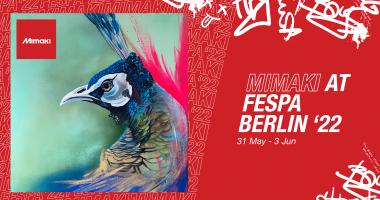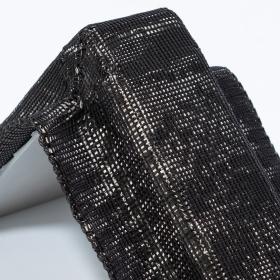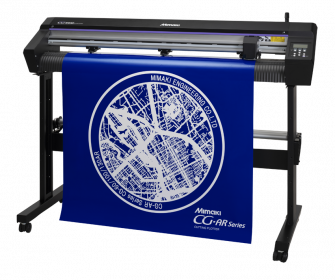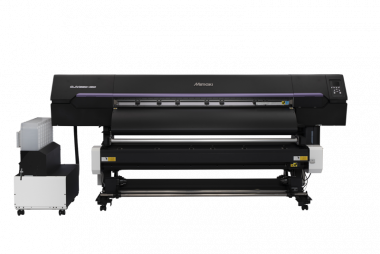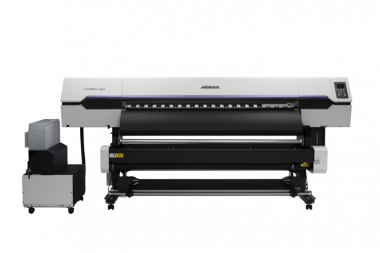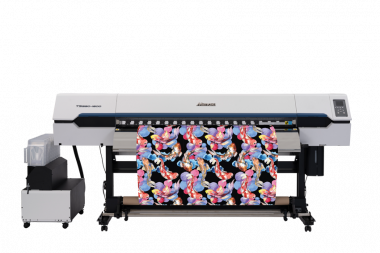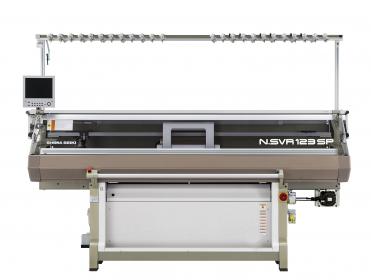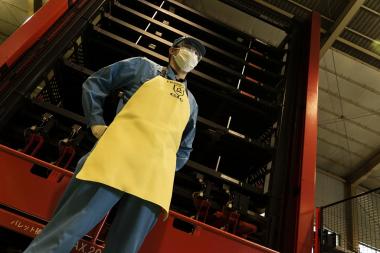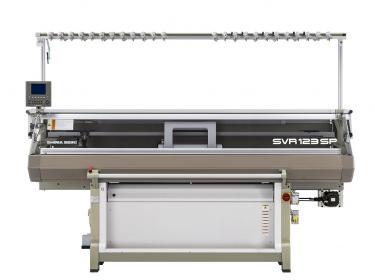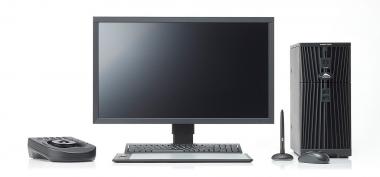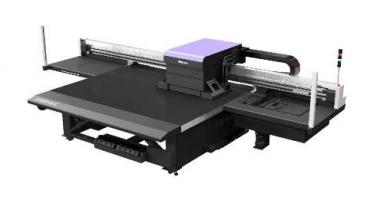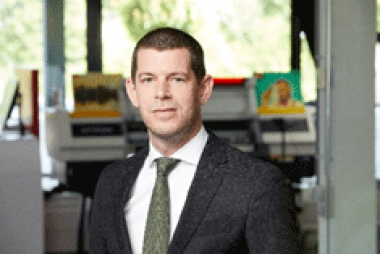Mimaki with latest technology for sign and textile industries at FESPA 2022
Mimaki Europe will be showcasing its latest innovative technologies and connecting with customers at FESPA 2022 Global Printing Expo (May 31st – June 3rd Berlin). Following the success of FESPA 2021, Mimaki will return as a gold sponsor for this landmark industry event. With a host of new solutions released this year, FESPA 2022 will be the first opportunity for Mimaki to demonstrate these printers and cutters at an international event and further explain the many benefits they offer sign and textile printing companies.
In the Spotlight
Standout technology on show includes the new 330 series, consisting of the JV330-160, the CJV330-160 and the TS330-1600. Launched during the company’s Global Innovation Days event, the 330 Series leverages Mimaki’s cross-platform strategy, to offer a high-end yet cost effective printing solution across several sectors. The eco-solvent inkjet printers, the JV330-160 and CJV330-160, boast innovative features such as the new media changer that allows three rolls of media to be loaded simultaneously, and the XY slitter, which provides in-line X-axis and Y-axis sheet-fed cutting. The TS330-1600, which will make its international tradeshow debut at FESPA, is a sublimation printer with an improved take-up system and optional add-ons to further increase efficiency, including a 10kg ink tank supply unit and a mini jumbo roll unit.
Additionally, FESPA visitors will see Mimaki’s all new CG-AR cutting plotter.
Urbanising FESPA 2022
In line with FESPA 2022’s tagline, ‘Experience print in motion’, Mimaki’s stand will bring a vibrancy to the show, by demonstrating real-world applications alongside the machines that created them. This year will see Mimaki’s stand convey the streets of Berlin in its design, and urban inspired works by designers, including Nicky Nahafahik and Xavier Protano, all printed using various Mimaki’s printing technologies and displayed on the stand - allowing visitors experience Berlin from inside the Messe Berlin halls. Mimaki will also join forces with Dutch designer Tessa Koops to create a selection of unique fashion items, after their successful collaborations in 2019.
Celebrating Customer Success
As a centrepiece of Mimaki’s stand, the customer gallery will return to FESPA 2022, showcasing and celebrating customer samples and testimonials. There will also be live demonstrations of Mimaki’s latest technologies in dedicated sign, UV and textile application areas. The latest UV printers on display include the UJV100, and the JFX and UJF series. The acclaimed 3D printer, the 3DUJ-2207, will also return to FESPA this year to showcase the many high-quality, full-colour models, including figurines, scale models and prototypes, achievable with this cost-efficient, entry-level printer.
To answer questions about the applications and Mimaki technologies, hospitality and meeting areas will provide space for one-to-one conversations with Mimaki experts.
Mimaki / Bespoke


